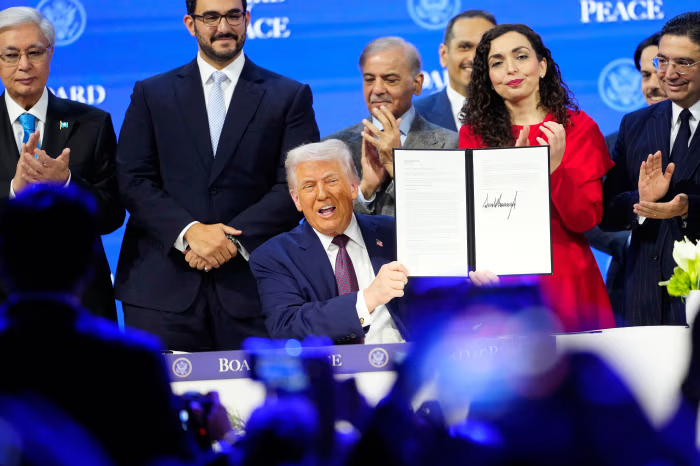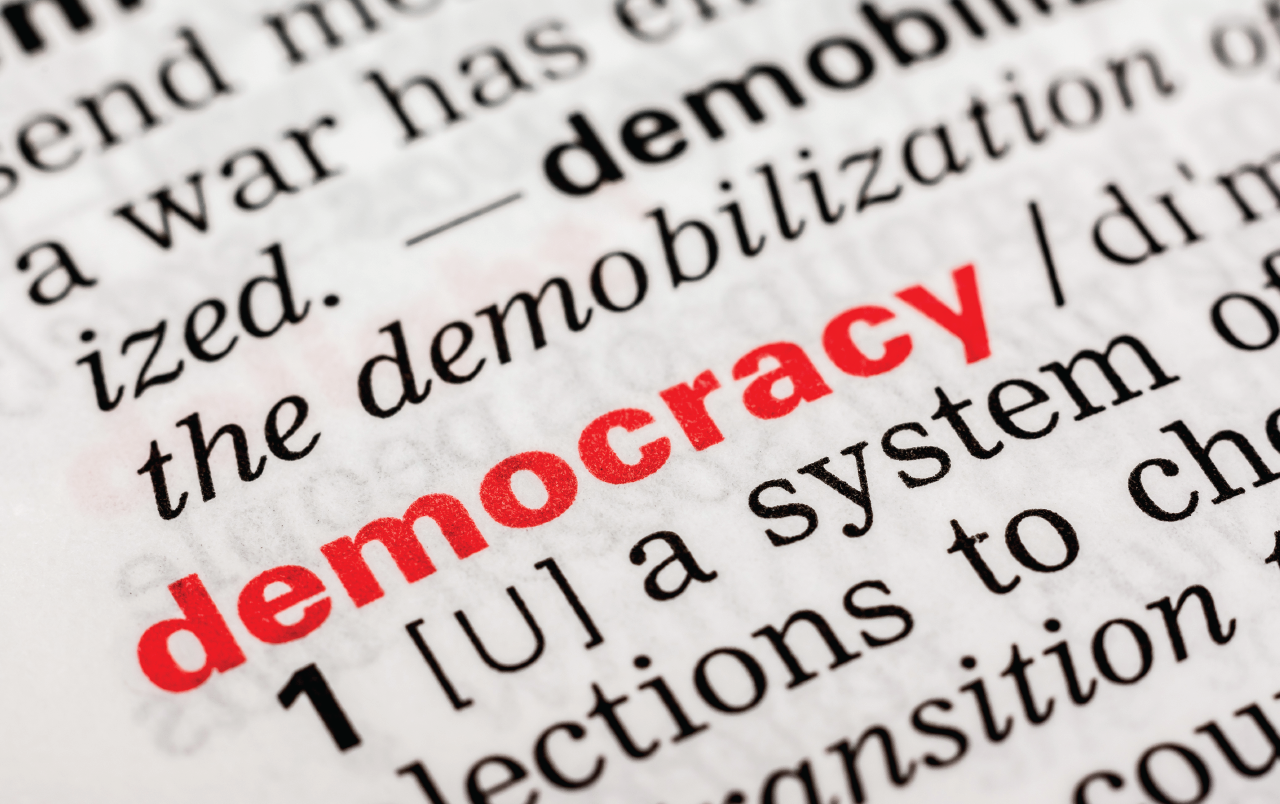Editorial
Trade agreements between Pakistan and the United States carry far-reaching implications for the country’s economy and foreign policy. Yet, these deals are often finalized without thorough discussion in Parliament. In a democratic system, bypassing the legislature on such critical matters undermines the principle of accountability and leaves the public in the dark about the economic and diplomatic consequences.
Foreign policy decisions, especially those linked to trade and economic partnerships, influence Pakistan’s long-term strategic positioning. When such agreements are negotiated without parliamentary oversight, they risk being perceived as unilateral decisions by the executive. A structured debate in the National Assembly and Senate ensures that these deals are scrutinized, that all stakeholders’ concerns are addressed, and that the agreements align with national interests.
Moreover, parliamentary discussion fosters transparency and strengthens Pakistan’s bargaining position internationally. If lawmakers collectively endorse a trade policy, it reflects a unified national stance that resonates with foreign partners, including the US. In the absence of debate, these deals risk domestic criticism, political controversy, and even policy reversals.
Therefore, any trade agreement with Washington must be presented for debate in Parliament. It is not just a constitutional requirement but also a democratic necessity to protect Pakistan’s sovereignty, economic stability, and foreign policy coherence.
Follow Republic Policy on www.republicpolicy.com















